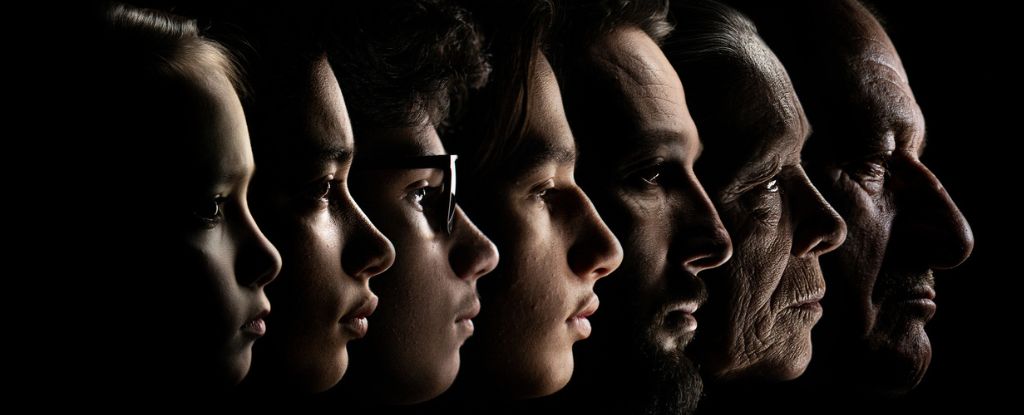Cancer cases in younger generations are continuing to rise at a disturbing rate, according to a massive new study from the American Cancer Society (ACS).
The analysis considers the health data of more than 23 million US patients, born between 1920 and 1990, who were later diagnosed with cancer from 2000 to 2019.
Compared to baby boomers, researchers found Gen Xers and millennials are at a higher risk of developing 17 out of 34 considered cancers, including leukemia, breast cancer, and gastric cancer.
Millennials born in 1990 were two to three times more likely to develop pancreatic, kidney, or small intestinal cancer than baby boomers born in 1955. Female millennials also face an increased risk of liver and bile duct cancer.
What’s more, nine cancers, for which incidence rates have mostly fallen in the older generations, such as breast cancer, ovarian cancer, uterine cancer, testicular cancer, and anal cancer, are on the rise in younger people.
Uterine cancer alone is 169 percent more likely to impact a person born in the 1990s than people born in the 1930s.
The risk of death from these cancers is also increasing.
That’s never a good sign, and it suggests there has been a quiet, generational shift in cancer risk over the past century or so.
Researchers suspect this is partly because younger generations, under the age of 50, are increasingly exposed to carcinogens in early life or young adulthood. These risky exposures, however, have “yet to be elucidated”.
Ten of the 17 cancers increasing in incidence among millennials and Gen Xers are related to obesity, which could also play a role in the generational disparity.
“As the elevated risk in younger generations is carried over as individuals age, an overall increase in cancer burden could occur in the future, halting or reversing decades of progress against the disease,” says cancer epidemiologist Ahmedin Jemal of ACS.
“The data highlights the critical need to identify and address underlying risk factors in Gen X and Millennial populations to inform prevention strategies.”
The results of the current analysis expand on previous research, which found cancer rates in people under 50 have surged by almost 80 percent in 30 years.
If trends continue, the World Health Organization warns that by 2050 cancer cases could jump by a further 77 percent. Officials blame tobacco, alcohol, obesity, and air pollution as key factors.
Other exposures, such as poor diet, sedentary lifestyles, or sleep disturbances, could also play a role in cancer incidence, although these factors “remain poorly understood”, researchers note.
There is, however, some good news hiding in the recent analysis from ACS.
An “accelerated downturn” in young people with cervical cancer “shows the effectiveness of HPV vaccination, particularly in women born in approximately 1990”, who were just the right age when the vaccine was approved in the US.
Previous studies have shown cervical cancer cases have dropped 90 percent since the advent of this vaccine.
Additionally, cancers related to smoking, such as lung and throat cancer, are also declining in younger birth cohorts.
“These findings add to growing evidence of increased cancer risk in post-Baby Boomer generations,” says cancer epidemiologist Hyuna Sung of ACS.
“Although we have identified cancer trends associated with birth years, we don’t yet have a clear explanation for why these rates are rising.”
The study was published in The Lancet Public Health.





